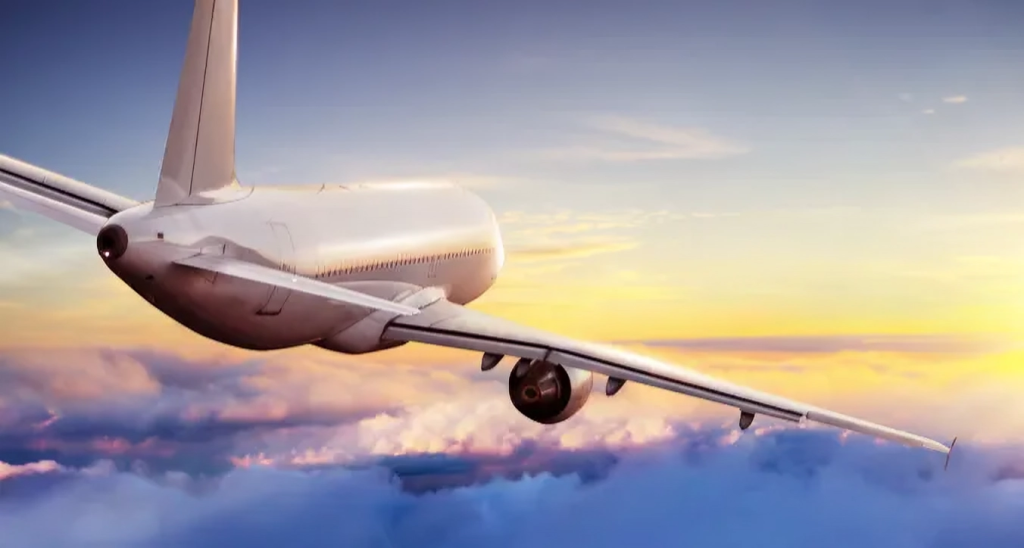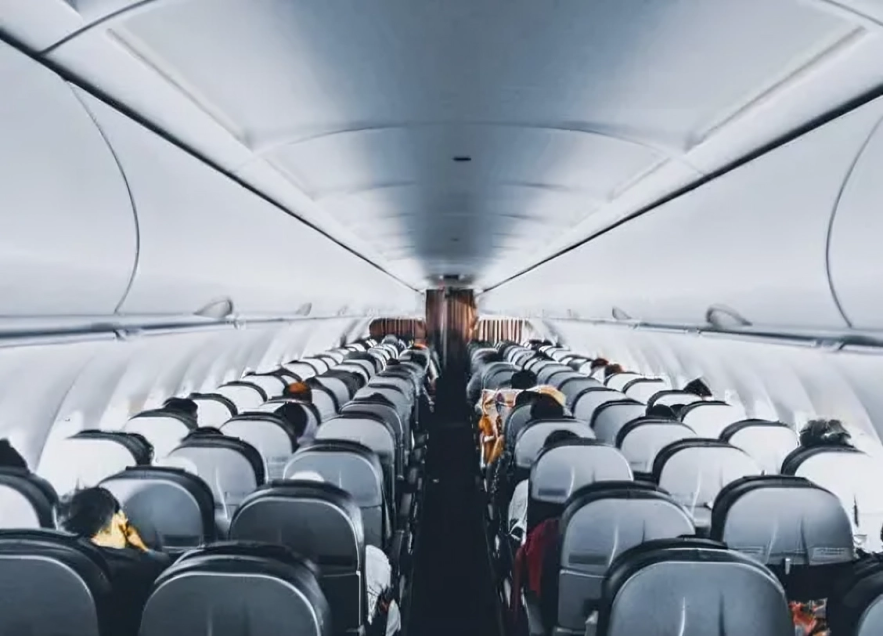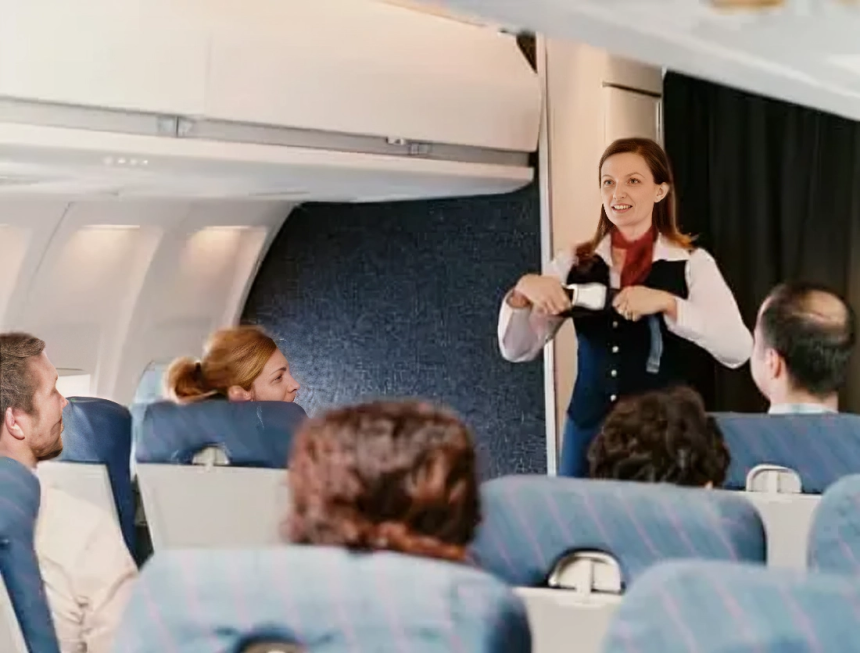A long flight can be a tough experience, especially when a baby cries nonstop near a passenger.
Musician Henry Beasley had a challenging journey during his 29-hour flight to Berlin.
The New Zealand musician, known for his work with the band Balu Brigada, shared his experience on TikTok, where the video quickly went viral.

The video showed Beasley reacting to the baby’s cries with subtle frustration, rating the child’s “performance” and “endurance.” The clip has now gained over 12 million views, sparking discussions about child-free sections on planes.
Social media users had mixed opinions. Some sided with Beasley, while others sympathized with parents traveling with young children.
One person wrote, “There should be kid-free flights and kid flights.” Another suggested, “Flights should have a minimum age limit for passengers.”
Even though this debate is not new, Beasley’s viral video has reignited the conversation about child-free flights.
Some airlines have responded by introducing designated sections for adults only.
Corendon Airlines, a Turkish-Dutch airline, recently announced an “Only Adult” zone on certain long-haul routes. This section provides a quieter space for those willing to pay extra.

Malaysia Airlines has also introduced policies restricting young children from specific seating areas.
The idea of child-free flight sections is dividing the public. Some people believe it’s a great solution, while others feel it unfairly isolates parents traveling with children.
Age-based seating arrangements in aviation are not new.
In the 1950s, United Airlines operated “men-only” flights, offering business travelers cigars and steak dinners. These flights ended in the 1970s as social views evolved.
A survey by Escape found that 42% of Australians support adult-only zones in airplane cabins. Some even prefer entire flights without children, while 47% support keeping all flights open to passengers of all ages.

Research also suggests that those without children are more likely to favor child-free areas, with 64% supporting the idea.
Critics argue that separating children on flights can make families feel unwelcome. Many parents have valid reasons for traveling with young children, including family emergencies and relocation.
Rather than separating passengers, some suggest that airlines should improve support for families.
Airlines could create more spacious seating, offer child-friendly entertainment, and enhance family travel services.
As airlines address this growing debate, they must balance the needs of all travelers while ensuring families do not feel excluded.
Beasley’s viral video continues to fuel discussions about modern air travel policies and how airlines should handle these concerns.
